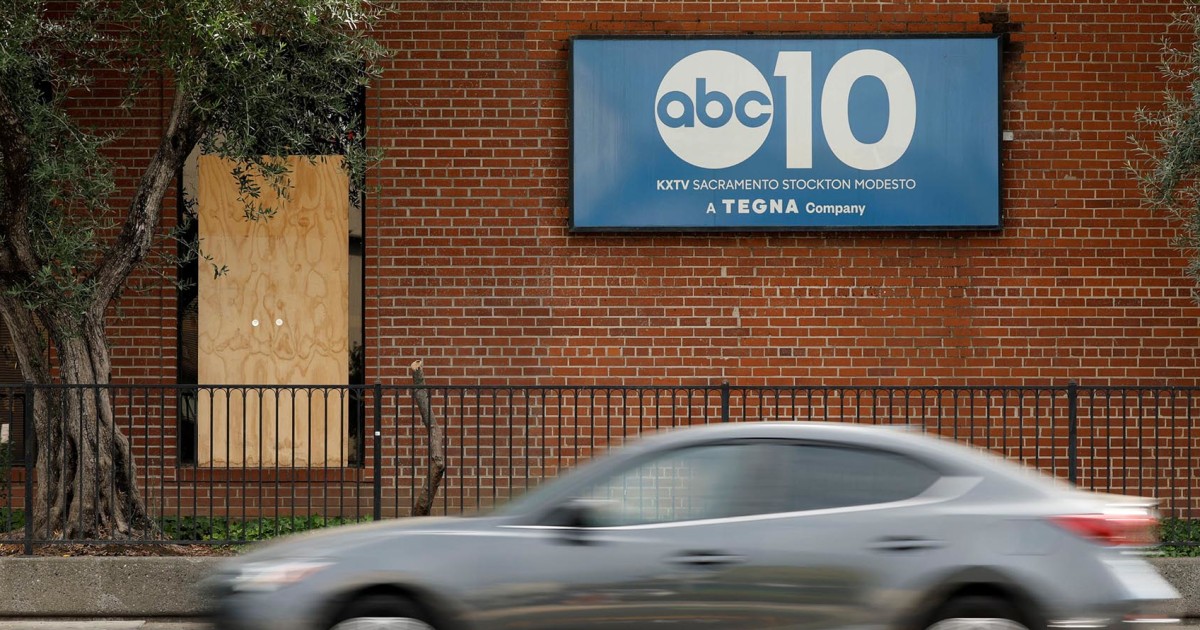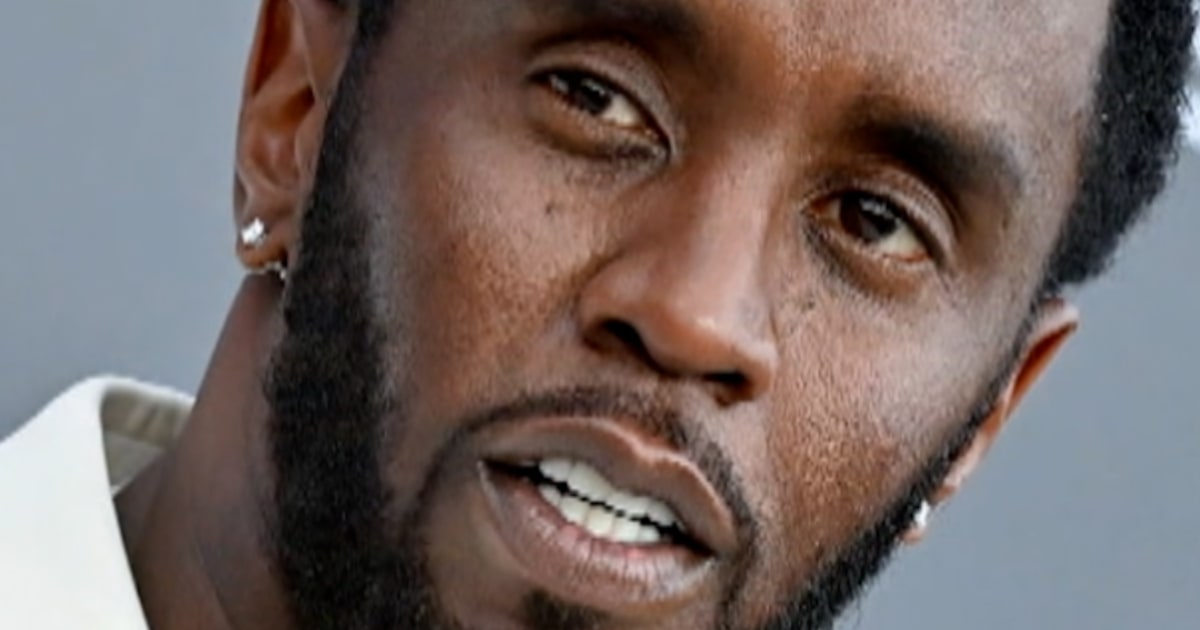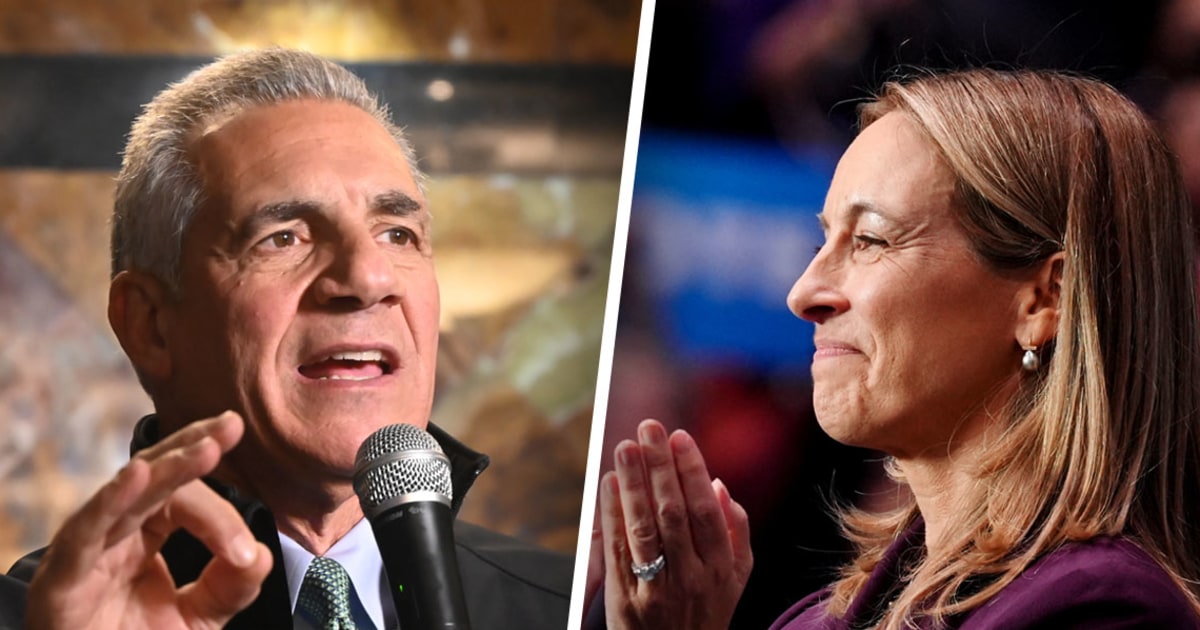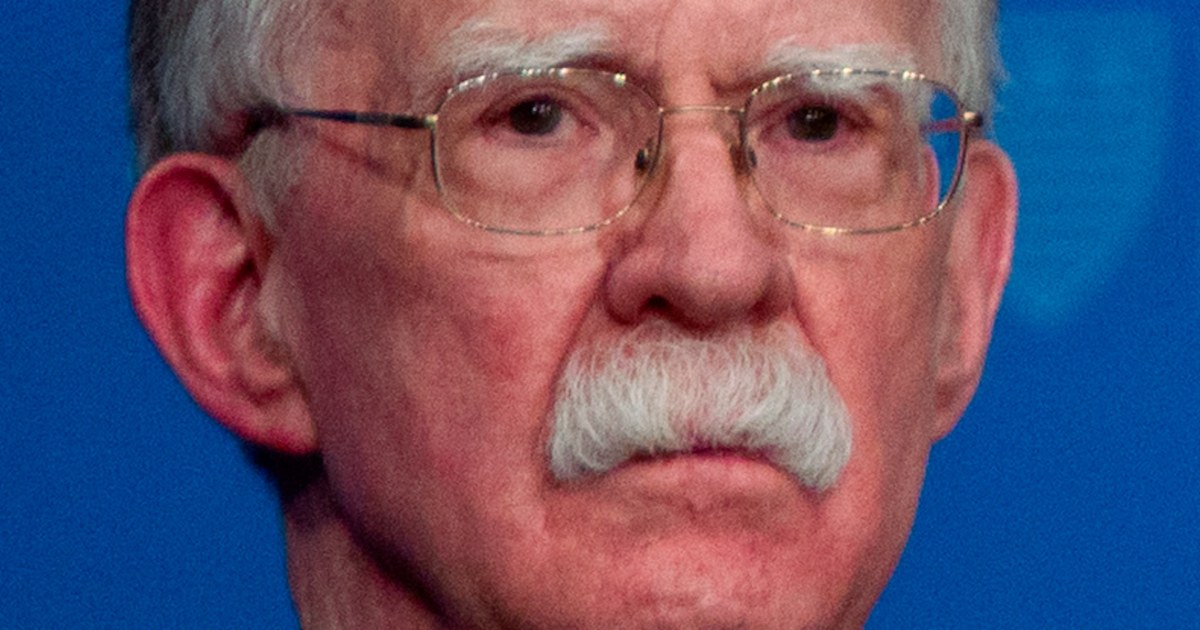The man accused of opening fire on an ABC affiliate in Sacramento last week might’ve been motivated in part by that network’s suspension of late-night host Jimmy Kimmel, authorities said Monday
Source link
Jimmy Kimmel suspension might have been a factor in shooting at Sacramento ABC affiliate, DA says




